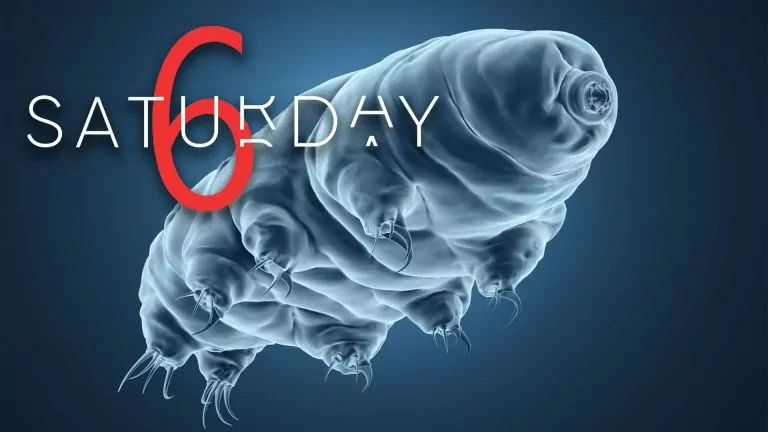Economics 101: how profits answer the “knowledge problem”
How can we know what to make? And how much to make? And who would be best to make it? This is a “knowledge problem” facing every economy: we need answers to these questions, but how do we get them? A centrally managed economy (socialism, communism, dictatorships of all sorts) looks to someone at the top being able to figure it all out. The problem is, their leader would need to be near-omniscient – he’d have to be god-like – to be able to pull that off.
So how does the decentralized free market manage it? Well, it isn’t going to pull it off perfectly – nothing ever is perfect this side of heaven – but it does have an answer to the knowledge problem that doesn’t require anyone to be a god. As this video explains, the much-maligned “profit” is not simply a reward to the industrious and entrepreneurial, it is also a source of information for what to make, how much, and by who.
Why the Dutch farmer protest is your cause too
What’s happening in the Netherlands isn’t limited to that nation.
“The ongoing food crisis in Sri Lanka is a particularly gruesome display of just how tragic the results of heavy farming regulation can be. About 90 percent of Sri Lankan families are skipping meals due to widespread food shortages and food price inflation of roughly 60 percent…..There are many reasons, but as Bloomberg explains, a major one is that, ‘In April 2021, the government, led by President Gotabaya Rajapaksa, banned synthetic fertilizer imports to push the country toward organic farming.’”
Evolution can’t explain over-engineering in nature
“Tardigrades can survive being subjected to extreme laboratory treatments (radiation, cold temperature, hydrostatic pressure) far more severe than any Earth environment.” But why would evolution so equip them, when there weren’t any evolutionary pressures for such an adaptation?
Don’t put off having children
Nathanael Blake wants to remind us of practical reasons to place the having of kids ahead of your education or career advancement, including how much easier it is to deal with sleepless children and the sleep deprivation they cause you when you are in your 20s as opposed to doing so in your late 30s. (There are biblical reasons too – Prov 17:6 Ps. 127:3, Gen. 22:18).
Most interesting tidbit from the article? Government-subsidized university tuition is backed by the best of intentions. But here’s one negative impact it also has: encouraging young people to go as far as they can with their post-secondary education, even as they build up debt, means they’ll likely put off having children for years, and have fewer of them.
Faith in God is the only coherent basis for reason
An atheist who thinks he came about without intent or design has no reason to trust his own thinking or senses…
Trust the science?
John Stossel highlights some of what’s passing for science in the US, and the government’s role in producing this material (particularly in the social sciences).












